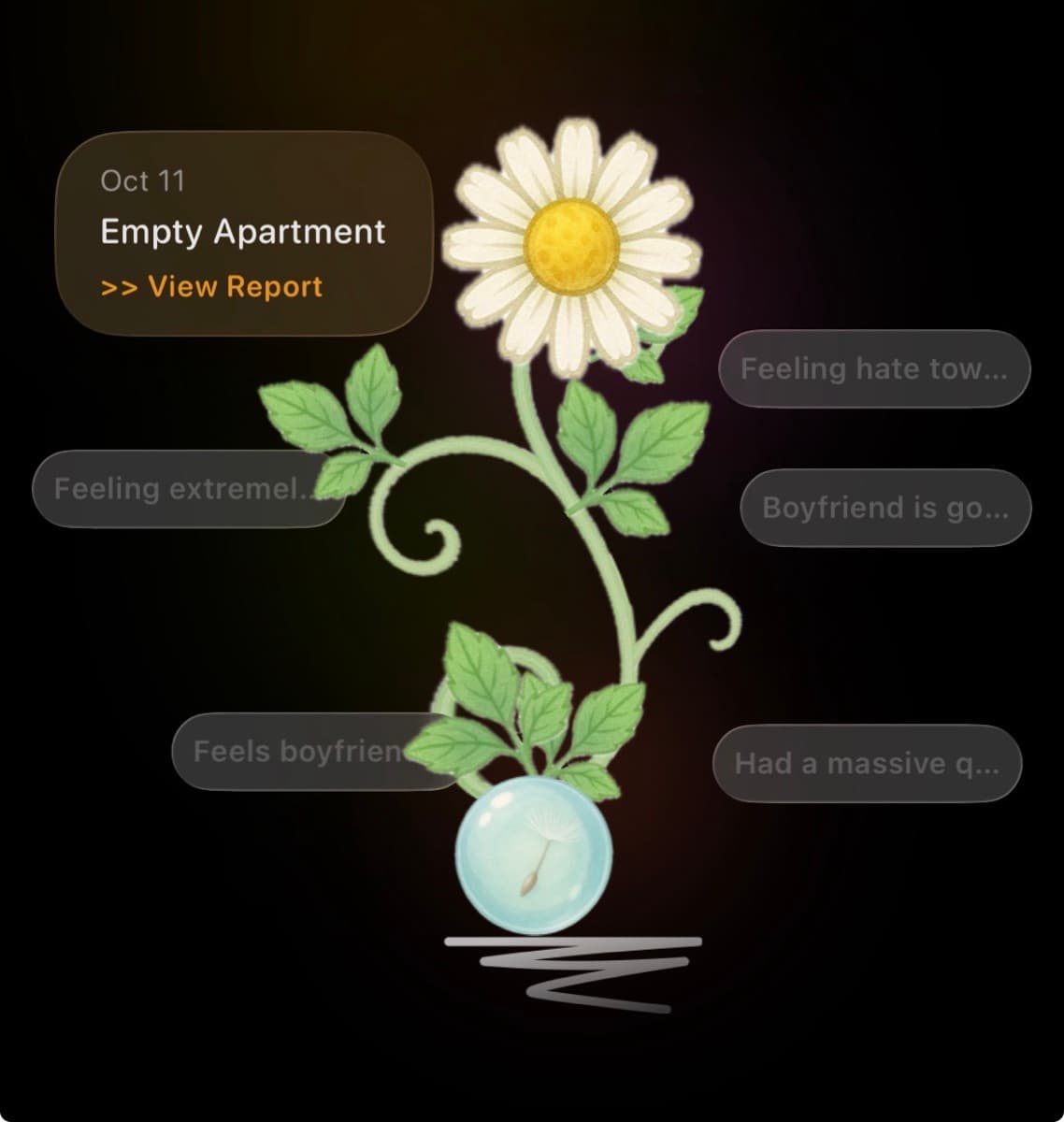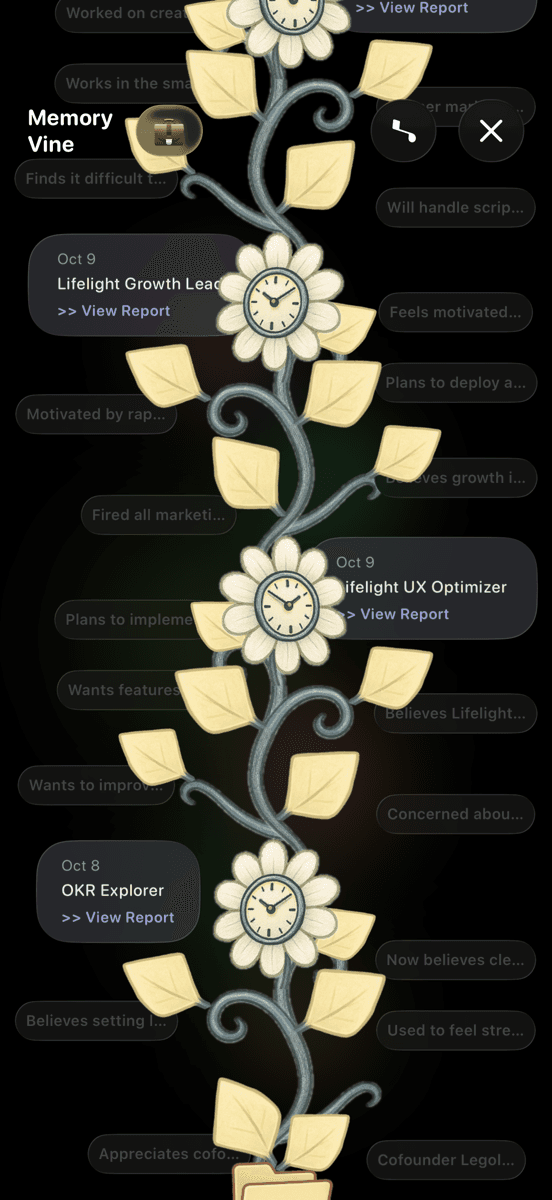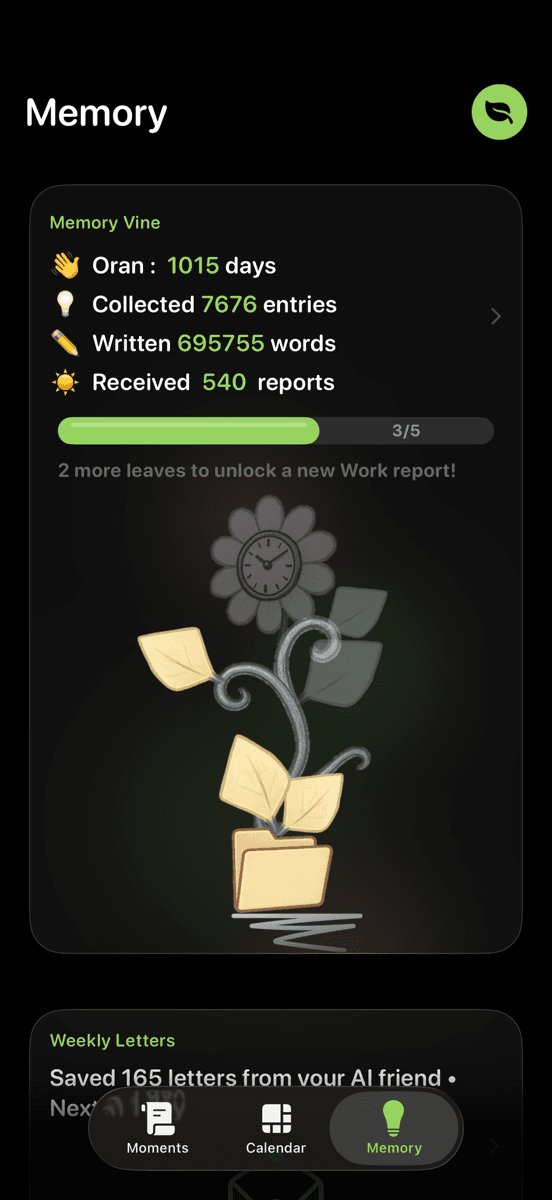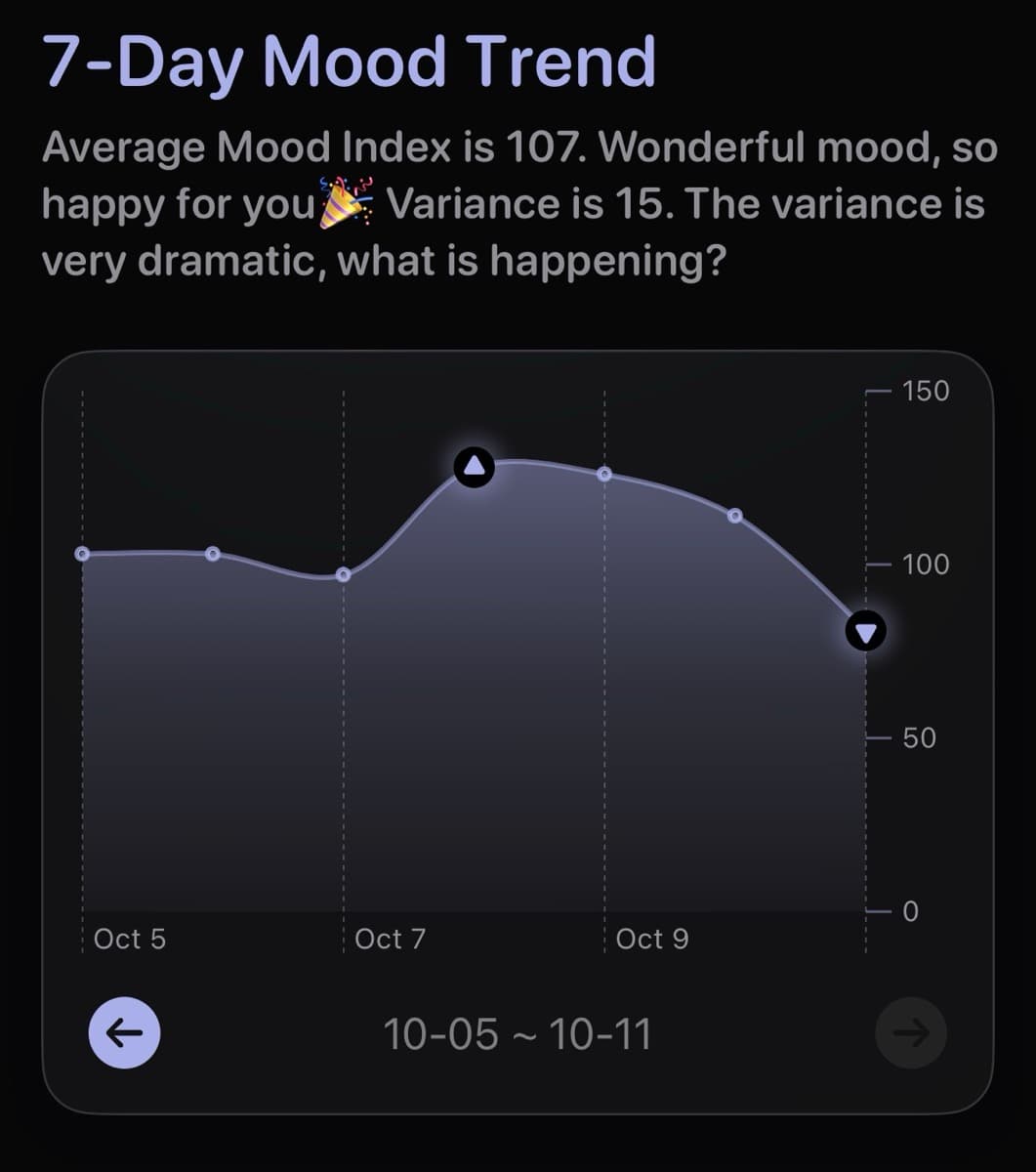You forget an important meeting. Your stomach drops. Your mind spirals: "I'm so unreliable. Everyone thinks I'm incompetent. I'll probably get fired."
Is that ADHD forgetfulness? Or anxiety?
Plot twist: It's both.
If you have ADHD, there's a 50-60% chance you also have an anxiety disorder. And here's the complicated part: ADHD symptoms can cause anxiety. Anxiety can look like ADHD. And both conditions can make each other worse.
Let's untangle this mess.
Why ADHD and Anxiety Are Best Friends (Unfortunately)
ADHD and anxiety aren't just random comorbidities. They're deeply interconnected—neurobiologically and experientially.
The Neuroscience Connection
- Both involve dysregulated neurotransmitters: ADHD is linked to low dopamine and norepinephrine. Anxiety involves dysregulated serotonin, GABA, and—you guessed it—norepinephrine.
- Shared brain regions: Both conditions affect the prefrontal cortex (executive function) and amygdala (emotional processing).
- Executive dysfunction creates anxiety: When you constantly forget things, miss deadlines, and struggle with organization, chronic stress and anxiety are inevitable responses.
The Life Experience Connection
Living with undiagnosed or poorly managed ADHD is anxiety-inducing:
- You never know if you'll remember important things
- You've been criticized for being "lazy" or "careless" your whole life
- You're constantly behind on tasks, triggering constant low-level panic
- You've experienced repeated failures despite trying hard
- You're always bracing for the next mistake
Result: Hypervigilance, worry, and anxiety become your baseline.
How to Tell Them Apart (When They Look So Similar)
This is tricky because ADHD and anxiety share overlapping symptoms:
| Symptom | ADHD | Anxiety |
|---|---|---|
| Difficulty concentrating | Due to distractibility and low dopamine | Due to racing, intrusive worry thoughts |
| Restlessness | Physical hyperactivity, fidgeting | Nervous energy, can't relax |
| Avoidance | Task initiation problems (executive dysfunction) | Fear-based avoidance of triggering situations |
| Sleep problems | Delayed sleep phase, racing mind | Worry-driven insomnia |
Key Differentiators
ADHD is more likely if:
- Symptoms started in childhood (before age 12)
- Distractibility happens even when you're not anxious
- You hyperfocus on interesting tasks but can't focus on boring ones
- Time blindness is a major issue
- Impulsivity (interrupting, impulse purchases) is prominent
Anxiety is more likely if:
- Symptoms are tied to specific triggers or situations
- Physical symptoms (rapid heartbeat, sweating, nausea) are prominent
- Worry thoughts are intrusive and hard to control
- You avoid situations due to fear (not executive dysfunction)
- Symptoms improved during low-stress periods (like vacations)
Both conditions if:
- You experience chronic overwhelm
- Executive dysfunction triggers anxiety spirals
- You have both childhood-onset attention issues AND worry patterns
The Vicious Cycle: How ADHD and Anxiety Feed Each Other
Cycle 1: ADHD → Anxiety
- Your ADHD causes you to forget something important
- You experience consequences (missed deadline, disappointed friend)
- You develop anxiety about forgetting things
- Anxiety makes it harder to focus, worsening ADHD symptoms
- You forget more things, increasing anxiety
Cycle 2: Anxiety → Looks Like ADHD
- Chronic anxiety fills your working memory with worry thoughts
- No mental space left for attention and focus
- You appear distracted, forgetful, disorganized (mimicking ADHD)
- People criticize you for not paying attention
- This criticism increases anxiety
Cycle 3: The Perfectionism Trap
- You develop perfectionism to compensate for ADHD
- Perfectionism creates intense anxiety
- Anxiety paralyzes you (can't start tasks unless conditions are perfect)
- Procrastination (anxiety-driven) meets task initiation problems (ADHD)
- Everything gets worse
Why Traditional Anxiety Advice Doesn't Work for ADHD Brains
Neurotypical anxiety advice often backfires for ADHD brains:
"Just Make a To-Do List"
The problem: Making the list triggers overwhelm. Prioritizing requires executive function you don't have. The list becomes another source of anxiety.
"Practice Deep Breathing"
The problem: Sitting still and focusing on your breath is incredibly difficult for ADHD brains. You get frustrated, which increases anxiety.
"Challenge Your Negative Thoughts"
The problem: Requires sustained focus and cognitive control—both impaired by ADHD. Also, some of your "negative thoughts" are realistic assessments of ADHD challenges.
"Establish a Routine"
The problem: ADHD brains struggle with routine consistency. Failing at routines increases shame and anxiety.
What Actually Helps When You Have Both ADHD and Anxiety
Strategy 1: Treat the ADHD First
Here's what many therapists miss: If your anxiety is driven by ADHD-related failures and overwhelm, treating the anxiety alone won't work.
Why this matters:
When ADHD symptoms improve (through medication, accommodations, or systems), anxiety often decreases naturally—because you're not constantly in crisis mode.
Action steps:
- Get a proper ADHD assessment
- Consider ADHD medication (stimulants can reduce anxiety when anxiety is ADHD-driven)
- Build ADHD-specific systems (external reminders, body doubling, minimal-step processes)
Strategy 2: Identify Your Anxiety Triggers
Track when anxiety spikes. Common ADHD-related anxiety triggers:
- Unstructured time: No clear next step triggers paralysis
- Approaching deadlines: Time blindness means you don't notice until it's urgent
- Social situations: Fear of forgetting names, interrupting, saying something inappropriate
- Decision-making: Executive dysfunction makes choices feel impossible
- Transitions: Switching tasks requires more cognitive load than you have
Tracking tip: I use Lifelight to automatically log my mood throughout the day. After a few weeks, I noticed my anxiety spiked every Sunday evening (anticipating the week ahead) and every time I had back-to-back meetings (transition overload). Knowing this, I now schedule buffer time and Sunday relaxation.
Strategy 3: Reduce Cognitive Load
ADHD brains have limited executive function capacity. Anxiety consumes what little you have.
Practical ways to reduce load:
- Automate decisions: Meal plan, capsule wardrobe, set routines (even if you don't follow them perfectly)
- External memory systems: Calendar alerts, visual reminders, location-based notifications
- Simplify your environment: Less clutter = less decision fatigue = less anxiety
- Batch similar tasks: Reduces transition-induced anxiety
Strategy 4: ADHD-Friendly Anxiety Management
Adapted techniques that work for ADHD brains:
- Movement-based calming: Walking, dancing, fidgeting (not stillness-based meditation)
- Sensory regulation: Weighted blankets, noise-canceling headphones, fidget toys
- Body doubling: Do anxiety-triggering tasks with someone present (even virtually)
- Externalize worry: Voice memos, worry dump journals (get it out of your head)
- Shorter interventions: 2-minute breathing exercises, not 20-minute meditation sessions
Strategy 5: Medication Considerations
Important nuance: ADHD stimulant medication can either reduce or increase anxiety—it depends on the root cause.
Stimulants often help anxiety when:
- Anxiety is driven by ADHD-related failures and chaos
- Improved focus reduces overwhelming mental clutter
- Better executive function = fewer anxiety-inducing mistakes
Stimulants may worsen anxiety when:
- You have a separate, primary anxiety disorder
- The stimulant is too high a dose
- You're sensitive to physical side effects (increased heart rate)
Other medication options:
- Non-stimulant ADHD meds (Strattera, Intuniv): May help both conditions
- SSRIs/SNRIs: For primary anxiety disorder with comorbid ADHD
- Combined approach: Stimulant + SSRI (when both conditions are significant)
Work with a psychiatrist experienced in ADHD to find the right approach.
Strategy 6: Therapy That Addresses Both
Standard CBT often doesn't work for ADHD + anxiety. Look for:
- ADHD coaching + anxiety-informed therapy
- Acceptance and Commitment Therapy (ACT): Focuses on values and acceptance rather than thought control
- Dialectical Behavior Therapy (DBT): Teaches emotional regulation skills useful for both conditions
- Somatic approaches: Body-based interventions work well for ADHD brains
Strategy 7: Self-Compassion (Seriously)
Living with ADHD and anxiety means you're dealing with:
- Executive dysfunction making basic tasks hard
- Constant worry about whether you're forgetting something
- A lifetime of being told you're "not trying hard enough"
This is exhausting. You're not lazy. You're working twice as hard as neurotypical people to achieve the same things.
Self-criticism increases both ADHD symptoms (through stress) and anxiety. Self-compassion actually improves functioning.
Try: When you notice self-criticism, ask: "Would I say this to a friend with ADHD and anxiety?" If not, don't say it to yourself.
My Personal Strategy (ADHD + Anxiety)
I have both. Here's what works for me:
- Stimulant medication (addresses ADHD, which reduces ADHD-driven anxiety)
- Daily mood tracking (Lifelight auto-tracks, so I see patterns without extra effort)
- Cognitive load reduction (meal delivery, cleaning service, automated bills)
- Movement for anxiety (walks, not meditation)
- Body doubling for anxiety-triggering tasks (Focusmate for admin work)
- Sunday planning session (reduces weekday decision anxiety)
- Therapy every 2 weeks (ADHD-informed therapist)
Result: Anxiety decreased by about 60%. Still have hard days, but not constant panic.
When to Seek Professional Help
See a professional if:
- Anxiety is interfering with daily functioning (work, relationships, basic tasks)
- You're experiencing panic attacks
- You're avoiding major life areas due to anxiety
- Self-help strategies aren't making a dent
- You're using substances to manage anxiety
- You're having thoughts of self-harm
Find someone who understands ADHD. Many therapists miss that anxiety can be secondary to ADHD.
Final Thoughts
ADHD and anxiety are frustratingly intertwined. Executive dysfunction creates anxiety. Anxiety worsens executive dysfunction. Traditional anxiety advice doesn't account for ADHD brains.
But when you address both conditions—and understand how they interact—things can improve significantly.
Key takeaways:
- Treat the ADHD to reduce ADHD-driven anxiety
- Track your patterns to identify specific triggers
- Use ADHD-adapted anxiety management techniques
- Reduce cognitive load wherever possible
- Be compassionate with yourself (this is hard)
You're not broken. You're dealing with two interconnected neurological conditions. That's not a moral failing—it's a medical reality.
And there are strategies that actually work.



